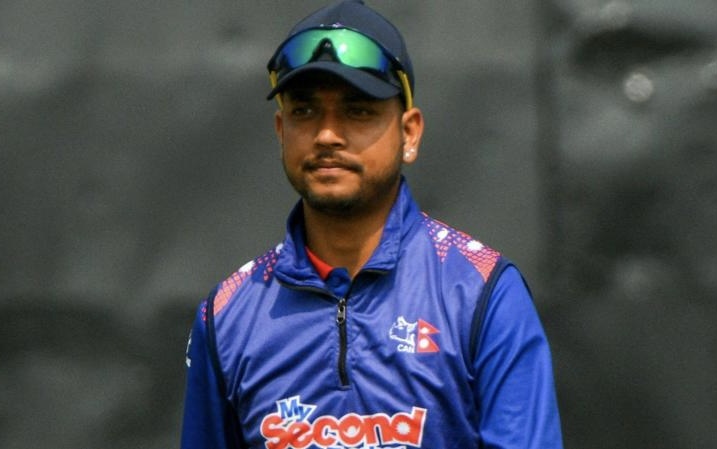Nepal’s cricketer Lamichhane denied US visa over rape case
KATHMANDU – Nepal cricketer Sandeep Lamichhane is unlikely to travel to the United States of America and West Indies for the ICC Men’s T20 World Cup 2024 after the US Embassy in Nepal denied him a visa over an old rape case.
“And the @USEmbassyNepal did it again what they did back in 2019, they denied my Visa for the T20 World Cup happening in the USA and West Indies. Unfortunate. I am sorry to all the well-wishers of Nepal Cricket,” Lamichhane wrote on ‘X’.
After being sentenced to prison by the District Court earlier this year, and instructed to pay compensation to the alleged victim, the cricketer was granted bail of Rs 2 million, reversing the decision of the Kathmandu district court. The 23-year-old was also barred from leaving the country until the final verdict of the court in the case.
In February, the Scotland cricket team players had refused to shake Lamichhane’s hands after their 3-wicket loss to Nepal.
The Scottish players shook hands with every Nepal player, except Lamichhane as part of a silent protest to the spinner’s continued presence and participation in the ICC’s Cricket World Cup League 2 series which also includes Namibia. Lamichhane had been made aware of the protest beforehand.
Nepal’s Justice System Fails Rape Survivors as Perpetrators Walk Free
According to Gaushala-26, who goes by the code name given to her by the law enforcement organization, she has been in hiding for several months now, while her perpetrator is walking free, playing international cricket matches and receiving political endorsements and sympathy from the public. She is still a minor, according to information on her citizenship certificate.
Sandeep Lamichhane, a Delhi Capitals player in the Indian Premier League and one of the key players of the national cricket team of Nepal, is alleged to have raped a 17-year-old woman. This attracts Section 219 of the Criminal Code of 2074 of Nepal. But not only has he avoided punishment, he has also received honors and accolades from the Prime Minister, the President, and several other political figures, as well as being given a free pass to play abroad.
In an interview with a local newspaper in Nepal, Gaushala-26 expresses her dissatisfaction with the legal system, alleging that it is biased against women and that perpetrators of rape frequently escape punishment. She is enraged by the fact that society has softened its stance on sexual assault and, as a result, has shown sympathy for the offender.
On the other hand, a protest was held in Kathmandu against the Cricket Association of Nepal for giving a free pass to the accused, and a significant number of people attended to condemn this act of impunity. However, these protesters were severely criticized by those in power and a few media houses known for publishing misogynistic content. This illustrates how neither the Nepali justice system, civil society, nor the media stand up against gender-based violence when it involves protecting powerful men who commit such crimes.

